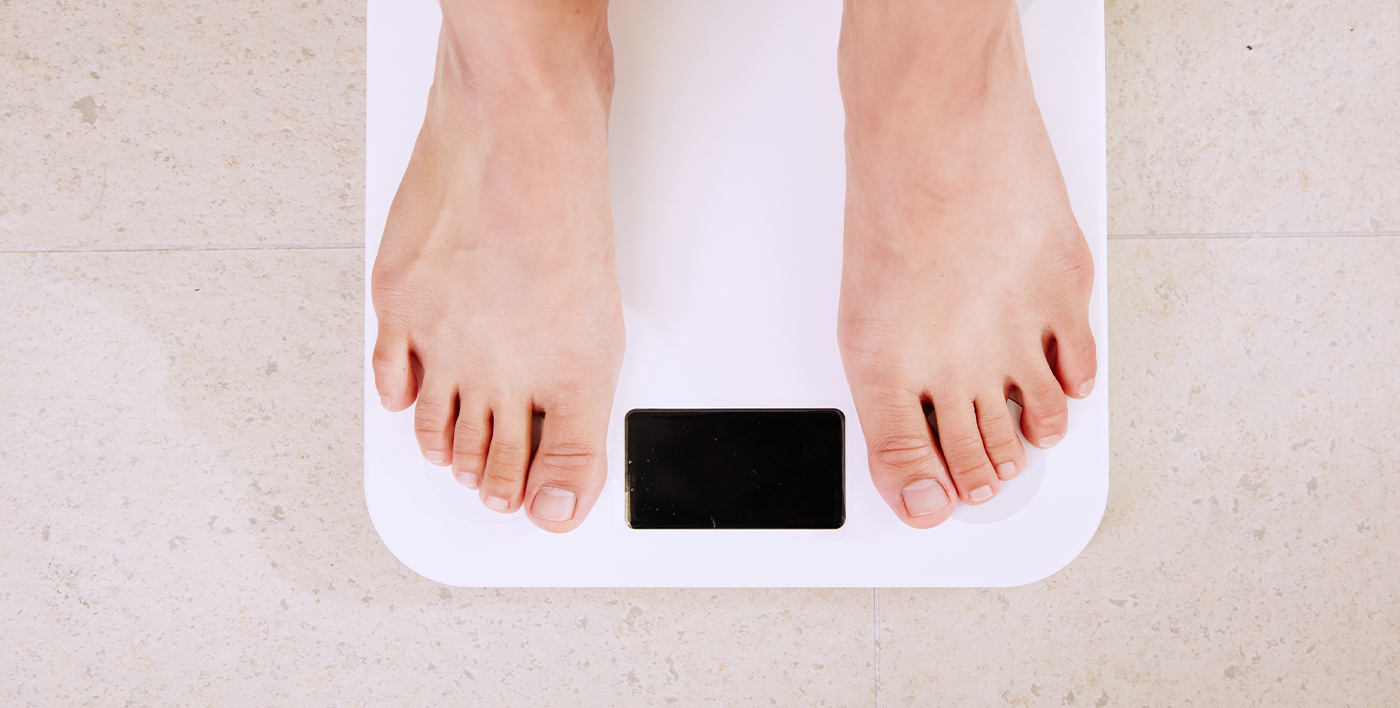New year, new you, new lifestyle change
If you’ve been on social media for the past couple weeks, you’ll have seen post after post about New Year’s resolutions, especially for losing weight and getting healthy. It’s very popular, with 45% of Americans wanting to make a weight loss resolution or to get in shape.
You’ll also see posts about how people have already abandoned them.
According to U.S. News, 80% of people who make New Year’s resolutions will ditch them by the second week of February. Why?
”Unless you first change your mind, don’t expect your health goals to materialize. As the saying goes, it’s not the horse that draws the cart, it’s the oats. It’s not the gym, Pilates class or diet that will change you – it’s your mind.”
Which begs the question: How can you make your health-related New Year’s resolutions stick?
Why are New Year’s Resolutions so popular?

Resolutions are so popular because the new year is a significant event in people’s lives. It is a chance to start over, learn from the past year, and pivot your mindset towards better decision making. It also encourages and motivates people to start something they’ve never done before, like taking their health seriously. Not to mention, a lot of people are feeling guilty about indulging over the holidays.
So what makes a good New Year’s resolution?
As they say, “Old habits die hard.” Instead of looking for a quick fix, like a detox or fad diet, we need to start thinking long-term. This means you should be looking to change your lifestyle.
You may be thinking, “What’s the difference? With a diet, I’m already changing.” There is a big difference between a diet and a lifestyle change. Diets focus on weight loss, are temporary, and usually restrict calories. A lifestyle change, however, is an overall healthy habit, is long-term, and includes weight loss as a result, not a goal.
Let’s take a look at a study published by the JAMA Network. It found three results on four different fad diets:
- The total weight loss in study participants was tied to self-reported dietary adherence levels, but not with diet type.
- Overall diet adherence rates were low (less than 25%).
- Most importantly, adherence to any particular dietary program may be more important than the type of diet consumed.
Another study from Live Science states:
Conversely, several large and recent studies — such as the Finnish Diabetes Prevention Study and the China Da Qing Diabetes Prevention Study — found lower weight and lower incidence of diabetes among study participants many years after the study’s initial completion because the subjects were taught how to lose weight through lifestyle interventions.”
The article concludes that even though people know which foods to eat and which to avoid, their habits need to change in order to keep weight off.
What does a lifestyle change entail?

There are many components to health. It’s not just about calorie counting or weight loss. A lifestyle change incorporates all aspects of health, including physical, sleep, and mental health.
“A healthy lifestyle shouldn’t just promote physical health but also mental and emotional well-being,” per the American Board of Lifestyle Medicine.
All together, these components create a lifestyle that will lead you down the right path to a healthier you.
But it also takes a big shift in mindset to make this kind of change.
How to change your mindset
It may seem overwhelming to alter your mindset, but it is a fundamental part of making a lifestyle change.
There are five steps to changing a mindset (Source: The Lifestyle Medicine Board Review Manual):
- Admitting there is a problem.
- Realizing there is a solution.
- Getting over mental obstacles.
- Getting started.
- Gaining confidence.
These steps work together to help you towards a healthier lifestyle.
It’s also a big part of the WholeYou® Weight Wellness™ program.
This program focuses on helping you make a lifestyle change. It’s not another diet. Centered around a holistic wellness principle, we here at Wholist™ understand the frustrations of diets with no results.
Paired with a WholeYou® coach, you’ll be able to work through your life, learn what barriers are keeping you from your goals, and understand solutions that will work for you.
And the results don’t stop at weight loss. You’ll also encounter better sleep, improved focus and possibly clear up some nagging health problems.
Plus, you’ll be able to keep that New Year’s resolution.




